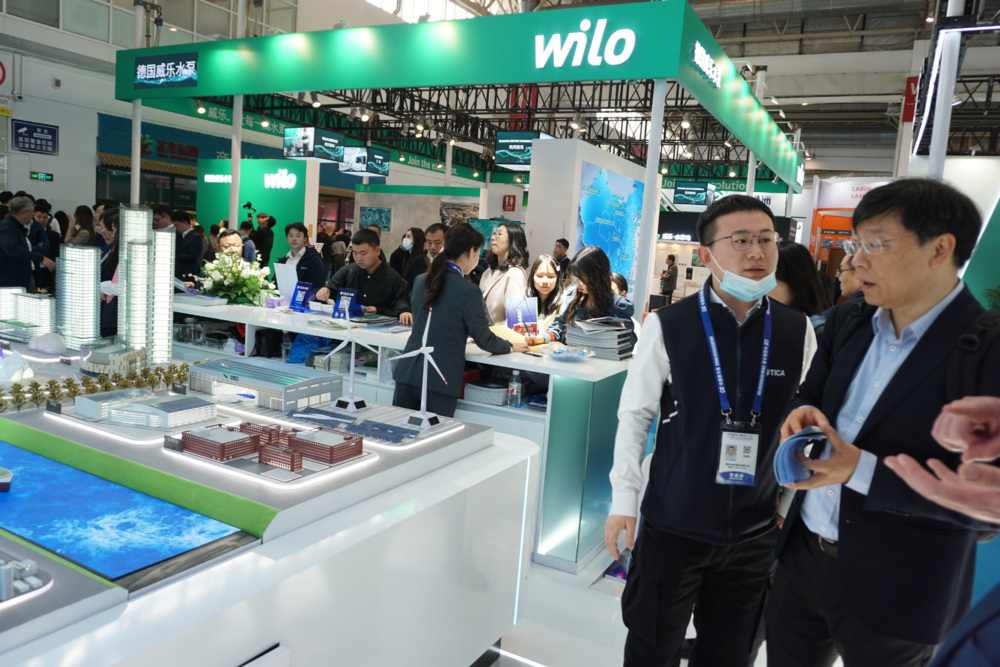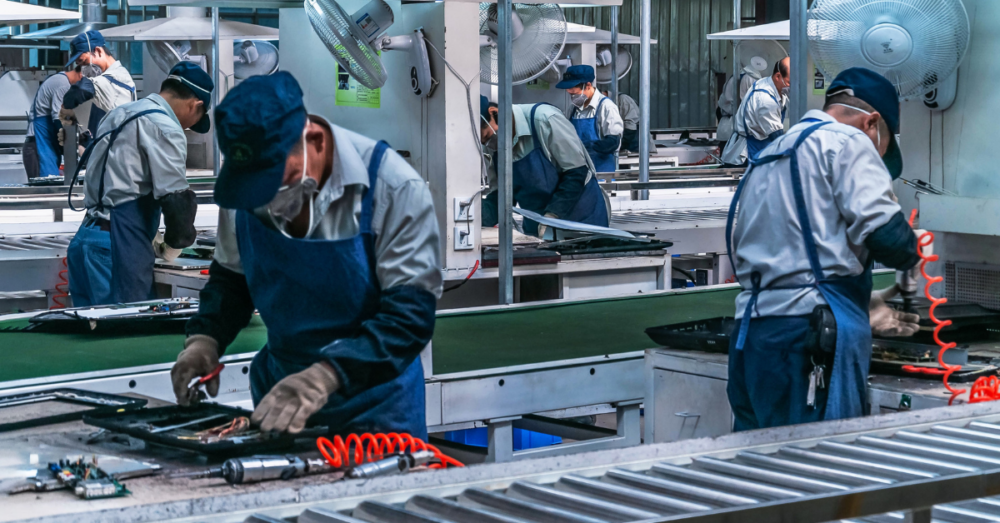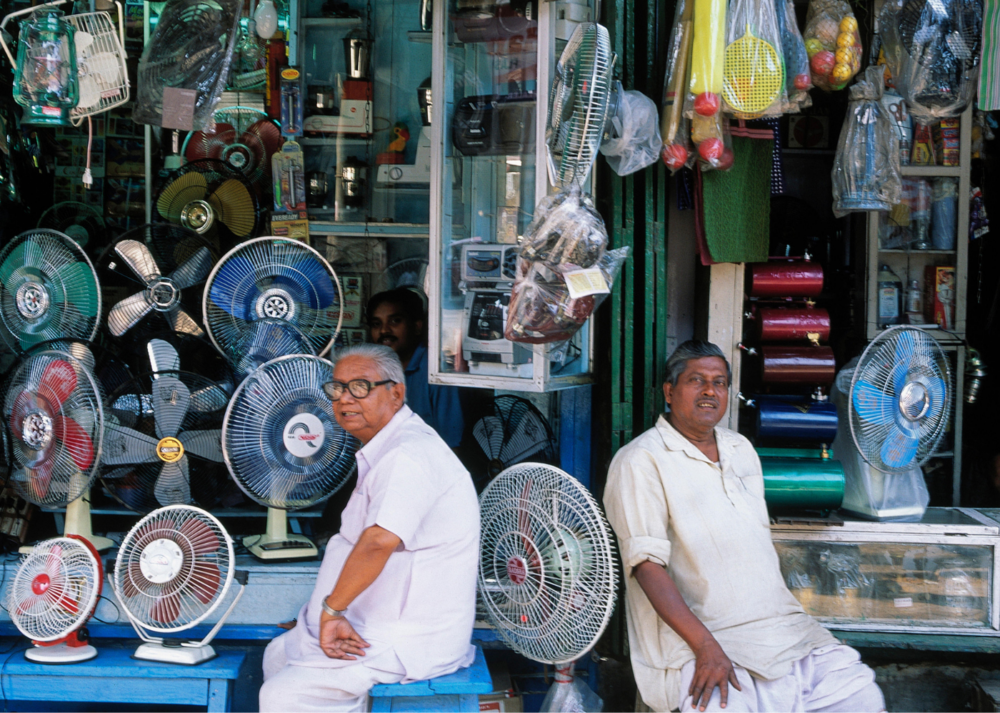CLASP and Partners assist Chile in Achieving Energy Savings through Efficient Distribution Transformers
With support from the U.S. Department of State and the Clean Energy Ministerial’s Super-Efficient Equipment and Appliance Deployment (SEAD) Initiative, CLASP, Lawrence Berkeley National Laboratory (LBNL), and RIVER Consultores are collaborating with Chile’s Ministry of Energy (MoE) to design energy efficiency policies for distribution transformers.
Distribution transformers are responsible for lowering the voltage of power conducted through power lines to a level that is safe to use in a home or business. A certain amount of power is typically lost during transfer. Inefficiently designed distribution transformers, therefore, can result in high energy losses and increased costs for both consumers and distribution companies.
As laid out in the energy agenda from Chile’s Bachelet administration, energy efficiency measures could reduce national electricity consumption 20% by 2025. Chile initiated an appliance energy efficiency program in 2005 and currently has energy efficiency labels for more than 25 products. Chile’s MoE is seeking to expand the coverage of its energy efficiency standards and labeling policies in order to achieve additional energy savings from regularly used products, including distribution transformers.
The State Department project aims to achieve up to 9.3 billion kilowatt hours of cumulative electricity savings and related GHG emissions reductions between 2016 and 2030 through energy efficiency policies and the introduction of more efficient distribution transformer technologies. The project will improve the overall performance of Chile’s distribution network through reduction in technical power losses, as well as strengthen Chile’s overall energy efficiency policy framework.
CLASP is an international non-profit that works to improve the environmental and energy performance of the appliances and related systems we use every day, in collaboration with global experts and local stakeholders. Since 1999, CLASP has worked in over 50 countries on six continents pursuing every aspect of appliance energy efficiency, from helping structure new policies to evaluating existing programs.
On December 10th, 2014, MoE and the project team hosted a roundtable in Santiago with representatives from the Chilean Government, Superintendencia de Electricidad y Combustibles(SEC), industry, and academia to discuss international experiences and best practices in regulating distribution transformers and identify potential challenges. U.S. Embassy representative Christopher M. Nyce gave closing remarks.
The roundtable will meet twice a year to discuss the project outcomes and support MoE in developing a transformer policy that will result in the highest possible energy savings. CLASP is pleased to be resuming work with MoE, having previously supported Chile’s energy efficiency efforts in 2010-2011.









